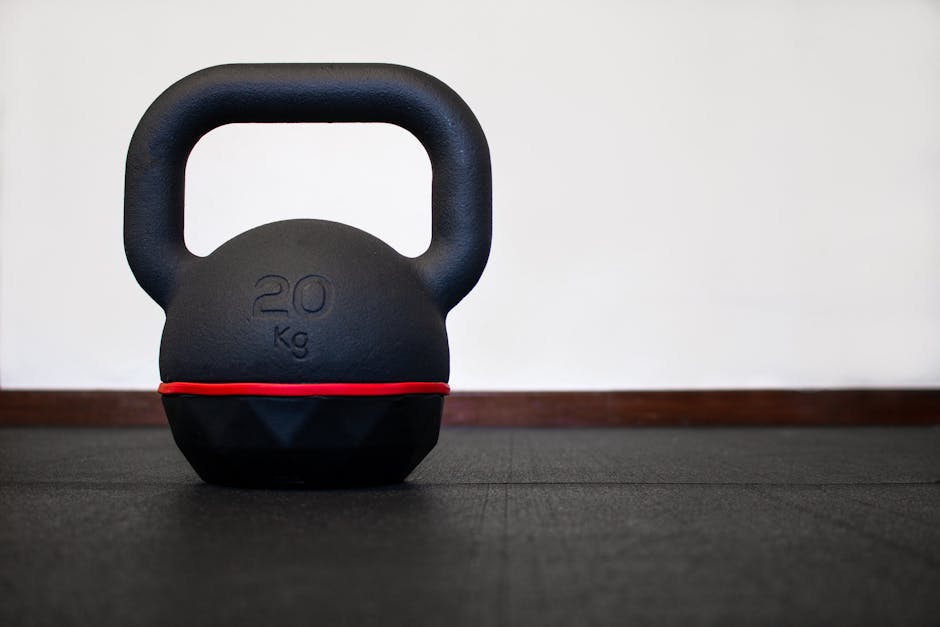Fat loss is a common goal for many people, but it can be a challenging journey. There are countless diets and exercise programs available, but not all of them are effective or sustainable. To lose fat successfully, it's crucial to have a well-rounded approach that combines nutrition, exercise, and lifestyle changes.
**Nutrition**
Calorie deficit is essential for losing fat. This means consuming fewer calories than you burn. To determine your daily calorie needs, you can use a calorie calculator or consult with a registered dietitian. Focus on consuming nutrient-rich foods such as fruits, vegetables, whole grains, and lean protein. Avoid processed foods, sugary drinks, and excessive amounts of saturated and unhealthy fats.
**Exercise**
Regular exercise is another key component of fat loss. Aim for at least 150 minutes of moderate-intensity aerobic activity or 75 minutes of vigorous-intensity aerobic activity per week. Choose activities you enjoy to make exercise more sustainable. Incorporate strength training into your routine to build muscle, which boosts metabolism and aids in fat burning.
**Lifestyle Changes**
Beyond nutrition and exercise, certain lifestyle changes can also contribute to fat loss. Prioritize getting enough sleep, as sleep deprivation can lead to hormonal imbalances and increased cravings. Manage stress levels through activities like yoga, meditation, or spending time in nature. Drink plenty of water and limit alcohol consumption, which can promote weight gain and dehydration.
**Sustainable Fat Loss**
To maintain fat loss and avoid yo-yo dieting, it's crucial to adopt a sustainable approach. Focus on making gradual, realistic changes that you can maintain over time. Avoid extreme calorie restrictions or fad diets, as these are often unsustainable and can be detrimental to health. Instead, aim for a balanced diet and exercise routine that fits your lifestyle and preferences.
**Monitoring Progress**
Tracking your progress is essential for staying motivated and making adjustments as needed. Use a food diary or app to monitor your calorie intake and macronutrient distribution. Take measurements and progress photos to track your body composition changes. Consult with a healthcare professional or registered dietitian regularly to discuss your progress and make any necessary modifications.
**Common Challenges and Solutions**
Plateaus are a common challenge in fat loss. If you find your progress stalling, try adjusting your calorie intake or exercise intensity. Seek support from a healthcare professional or support group to overcome plateaus and stay on track.
Hunger is another potential challenge. To curb hunger, focus on consuming nutrient-dense foods that provide satiety, such as fruits, vegetables, whole grains, and lean protein. Drink plenty of water and avoid sugary drinks, which can lead to increased cravings.
**Conclusion**
Losing fat is a multifaceted endeavor that requires a holistic approach. By combining a balanced diet, regular exercise, and sustainable lifestyle changes, you can achieve your fat loss goals and maintain them over time. Remember to set realistic expectations, monitor your progress, and seek professional help when necessary. With perseverance and a commitment to healthy habits, you can successfully lose fat and improve your overall well-being.

